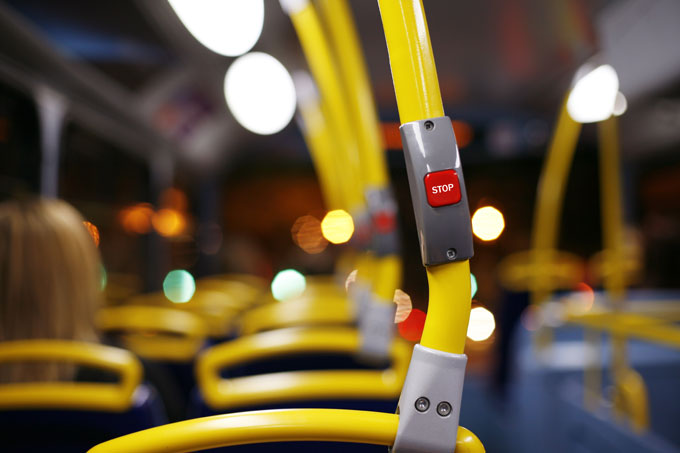Dr Susan Kenyon discusses her research into the impacts of Covid-19 on transport which has been quoted in a UK Government, Environment, Food and Rural Affairs Committee Air Quality inquiry.
I am delighted that my research into the impacts of Covid-19 on transport was directly quoted in a UK Government Environment, Food and Rural Affairs Committee Air Quality enquiry.
Ian Byrne MP, questioning Parliamentary Under Secretary of State at the Department for Transport Rachel Maclean MP, quoted a substantial section of my evidence, which highlighted the likely air quality impacts of the government’s statement that UK citizens have a ‘civic duty to avoid public transport’. Mr Byrne asked Ms Maclean what actions the government is taking to encourage people back to public transport, away from using cars, once we are through the worst of the pandemic.
Ms Maclean, the minister responsible for the decarbonisation of transport, agreed that the government’s tone had been regrettable. However, she was unable to identify positive government actions, now or in the future, to move travellers away from their cars and back to public transport use, preferring instead to talk about active travel.
Active travel is important. But we must encourage a return to public transport. Public transport is vital in enabling access to the opportunities, goods, services and social networks that are necessary for people to be socially included. We cannot achieve a reduction in mobility-related social exclusion without public transport. And we cannot succeed in our fight against climate change without public transport.
There are a great many positive actions that the government could take, to encourage the return to public transport.
- The safety of public transport vis-à-vis other modes must be communicated, to actively tackle the super-spreader narrative. Recent government research suggests that 85% of us are concerned for our health when travelling by bus, 89% by train and 91% by tube, against 17% when travelling by car – concerns which are predicted to remain, post-pandemic, setting back attitudes to public transport by two decades. At present, I am not aware of any evidence to support the suggestion that travel by public transport poses a substantial risk to health. Indeed, a recent study tells us that travel by public transport remains the safest way to travel. The study models the average risk of Covid infection whilst travelling by train as less than 0.01% per journey, suggesting that this risk more than halves if passengers wear face masks.
- Such positive marketing can be supported by real-time information, via apps or websites. There had been evidence for some time to suggest that real-time information can support behaviour change. Considering Covid, we may expect that real-time information about social distancing could potentially increase willingness and ability to use public transport – real time crowding at interchanges, or real time vehicle occupancy data, perhaps even when the vehicle was last cleaned.
- In addition to the above, we know that, in other situations, social norming is a powerful determinant of behaviour. Research into public transport attitudes during Covid suggests that we may expect images and/or narratives showing others using public transit may assist in persuading public transport use, particularly where they show travellers wearing masks and observing social distancing.
- The ability to pre-book seats, or time slots for travel, using contactless payment, through mobility-as-a-service apps – all may be expected to support greater public transport use by reducing the perceived risks of travel.
I have deliberately avoided talking about infrastructure changes here. We know that, with public transport, we cannot simply build our way to behaviour change. The above initiatives are based on travel behaviour science, implementing solutions that focus on increasing people’s willingness to use public transport. The initiatives need not be costly. If they were pursued by national and local government, I believe they could make a real difference in our quest to undo the negative impact on Covid on public transport attitudes and mode use in the UK.
Dr Susan Kenyon is a Faculty Director of Learning and Teaching and Principal Lecturer in Transport, Politics and Society. She has studied transport and travel behaviour since 1998 and has published extensively in the area. Her module Transport, Politics and Society is open to second-year students studying Politics and International Relations. The module considers the challenges of social exclusion and sustainable development in transport planning and has been carefully designed to integrate work-related learning opportunities for students.
 Expert comment
Expert comment Emma Grafton-Williams
Emma Grafton-Williams 2281
2281


